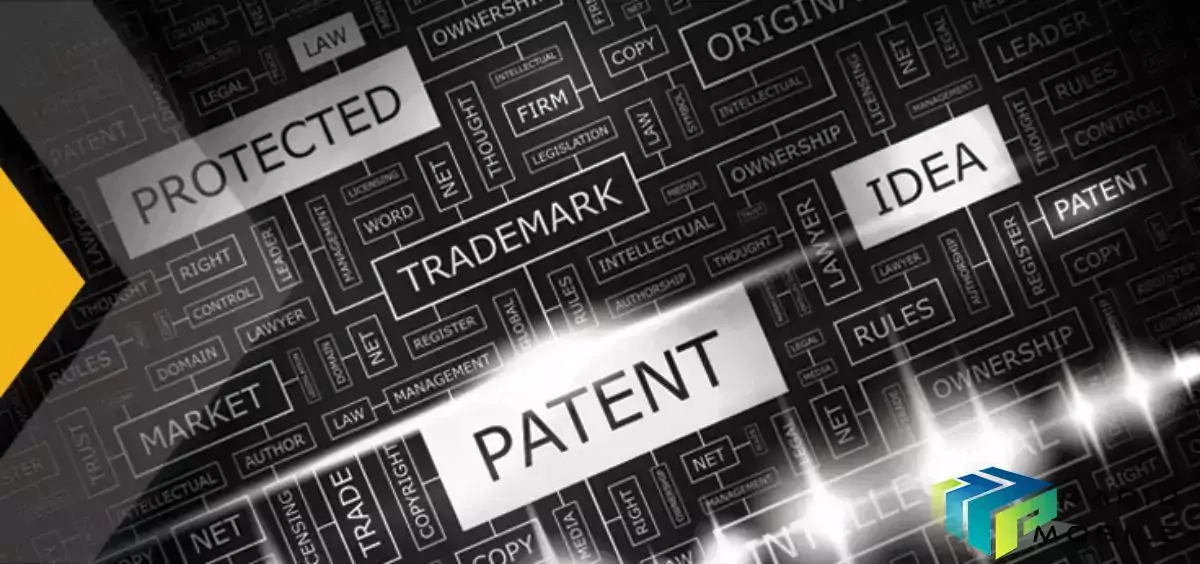IPO helps broker an agreement to help search engines and creative industries work together to stop consumers being led to copyright infringing websites
Google and Microsoft have signed an agreement with the UK Government and the creative industries in a long-running battle over links to pirated films and music online.
The search engine operators have signed up to a clampdown that will see the UK’s copyright watchdog monitor the search results they provide for unlawful websites.
Representatives from the creative industries, leading UK search engines, and the Intellectual Property Office (IPO) developed a Voluntary Code of Practice dedicated to the removal of links to infringing content from the first page of search results.
The Code agreed on 9 February 2017 will come into force immediately, and sets targets for reducing the visibility of infringing content in search results by 1 June 2017.
Minister of State Jo Johnson will oversee the implementation of this Code of Practice, and the IPO will work with all parties to evaluate progress.
Jo Johnson, the minister for universities, science, research and innovation, said,
“Search engines play a vital role in helping consumers discover content online. Their relationship with our world leading creative industries needs to be collaborative. Consumers are increasingly heading online for music, films, e-books, and a wide variety of other content. It is essential that they are presented with links to legitimate websites and services, not provided with links to pirate sites.”
“I am very pleased that the search engines and representatives of the creative industries have agreed this Code. I look forward to this valuable collaboration benefiting both the UK’s digital and creative sectors.”
Under a new voluntary code, the tech giants have committed to demote websites that have repeatedly been served with copyright infringement notices, so that they do not appear on the first page for common searches. Search engine autocomplete functions, a time-saving feature that suggests what users may be looking for, should also remove terms that may lead to pirate websites rather than legitimate services that pay fees to copyright holders.
Compliance with the code will be monitored by the IPO over the next few months. In the summer the watchdog could recommend further action by the Business Secretary Greg Clark, potentially triggering legislation that imposes fines and other sanctions.
Geoff Taylor, chief executive of BPI, which represents record labels, said the code would not be a silver bullet for copyright holders.
“We have long campaigned for search engines to do more to ensure fans are directed to legal sources for music or other entertainment. There is much work still to do to achieve this. The Code will not be a silver bullet fix, but it will mean that illegal sites are demoted more quickly from search results and that fans searching for music are more likely to find a fair site.”
Minister of State for Digital and Culture, Matt Hancock, added:
“We are one of the world’s leading digital nations, and we have a responsibility to make sure that consumers have easy access to legal content online. Pirate sites deprive artists and rights holders of hard-earned income and I’m delighted to see industry led solutions like this landmark agreement which will be instrumental in driving change.”
“As we build a more global Britain we want the UK to be the most innovative country to do business, and initiatives like this will ensure our creative and digital economies continue to thrive.”
More far-reaching demands, such as removing pirate sites from search results entirely or a takedown-staydown policy, are not part of the deal.
Geoff Taylor, Chief Executive of UK music group BPI, recognizes that the new partnership isn’t going to stop piracy entirely but hopes that it will help to improve the current situation.
“There is much work still to do to achieve this. The Code will not be a silver bullet fix, but it will mean that illegal sites are demoted more quickly from search results and that fans searching for music are more likely to find a fair site.
“We look forward to working with Google, Microsoft and our partners across the creative industries to build a safer, better online environment for creators and fans.”



